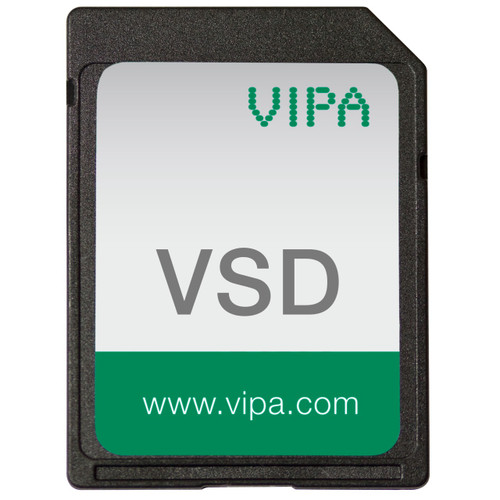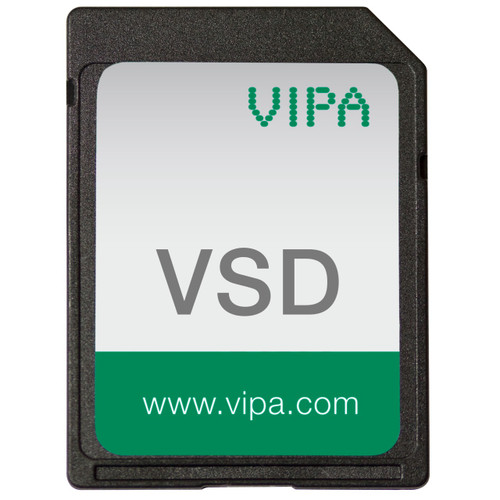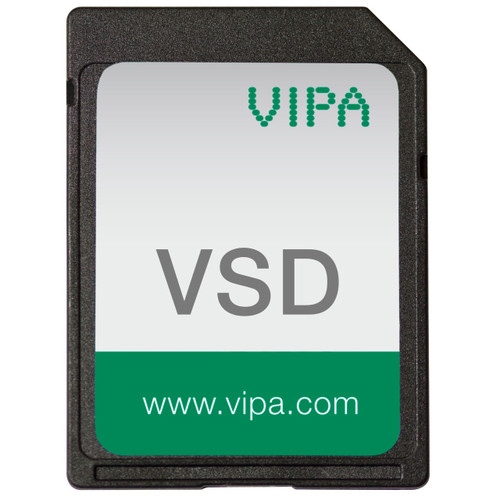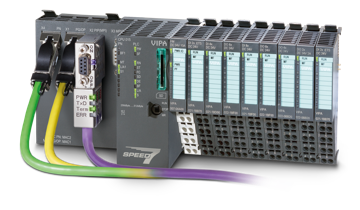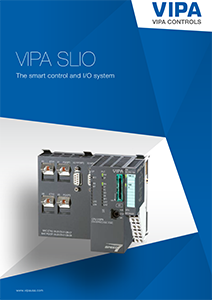SLIO - The Smart Control and I/O System
By means of the modular and extremely compact SLIO, the realization of almost every automated solution will from now on be simpler, and especially, more economical.
It is one of the most effective and modern decentralized I/O systems available on the market. It combines high functionality with a clever mechanic concept in an extremely compact design.
Performance and Application
With the help of the power module (PM), color contrasted from the signal modules (SM) and functional modules (FM), these are supplied with power and separate potential groups can be defined, as required.
The terminal module (TM) combines clamp, seating for the electronic module (EM) and mechanical bus connector. The electronic modules are connected to the terminal module in a secure sliding mechanism. In the case of service, only the electronic module is replaced by simply pulling out of the terminal module – wiring and mounting remain on the 35 mm profile rail. The step-formed spring-type terminals on the terminal module enable a quick, clear and secure wiring. Through integrated status LEDs and the label strip on the front a channel-specific, unambiguous allocation, and readability of the channel conditions of the electronic module is ensured.
All interface modules (IM) for PROFIBUS-DP, CANopen, PROFINET, EtherCAT, DeviceNet, Ethernet/IP and Modbus/ TCP support up to 64 electronic modules. The space-saving assembly size allows use in any automation environment.
Assembly is very easy: First the terminal modules are connected, then the electronic modules are inserted into the slot designated for the terminal module until the connection between both module parts is established by an audible click.
SLIO is one of the most highly efficient decentral systems worldwide and is evolving daily.
Features
Compact and Space-Saving Design
- Conceptual separation of electronic and installation layer
- Space-saving, thin design
- Innovative staircase-shaped wiring layer
- Simple "Two components set-up"
Clever Labeling and Diagnostic Concept
- Clear allocation and readability of channel states
- Simple, time-saving installation and maintenance by means of the connector pin assignment provided on the module
- Clear, definite labeling of channels
- Reference designator label remains on the exchange of a module
Installation and Maintainability
- "Permanent Wiring" enables the exchanging without the disconnection of the wiring
- Intelligent slide and plug mechanism for a simple handling
- Electronic is protected against reverse polarity
- Encoding of the electronic modules prevents from incorrect plugging
High performance
- Quick backplane bus concept of 48MBit/s
- With ETS modules it is possible to switch exactly up to +-1us independent of fieldbus




